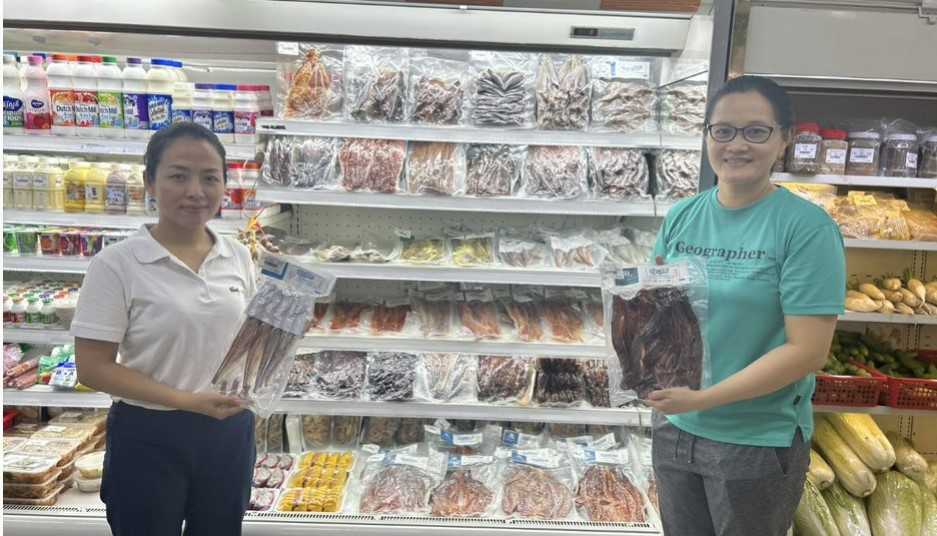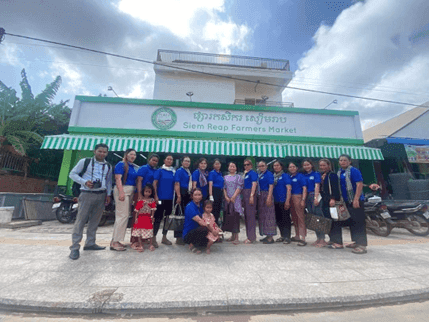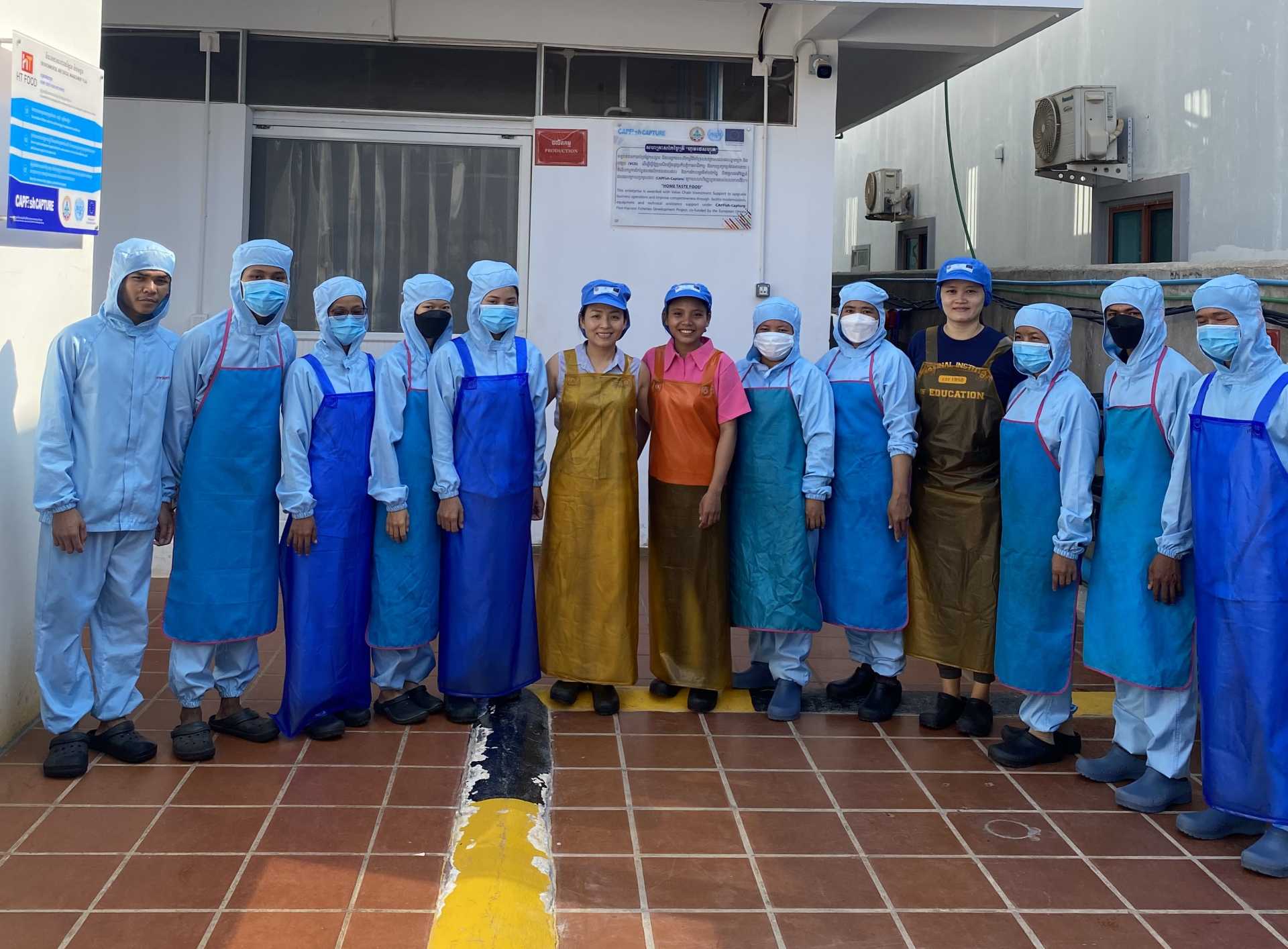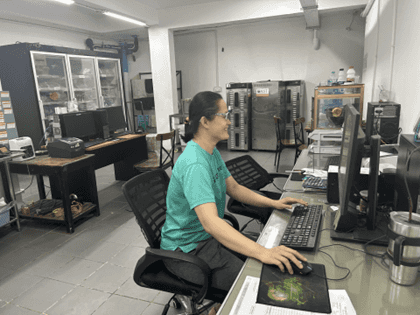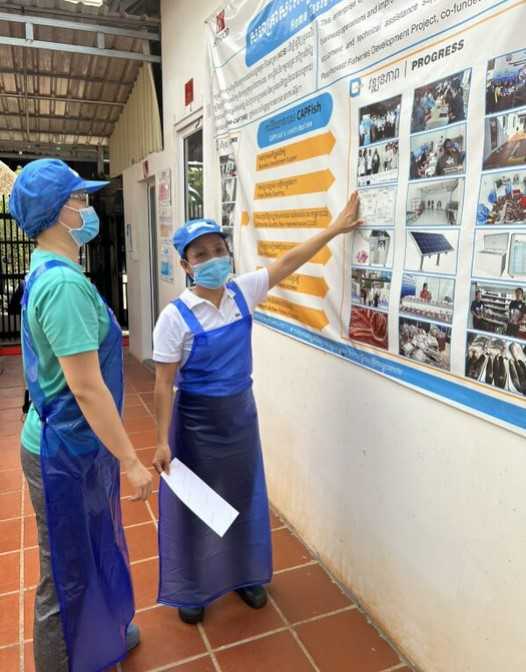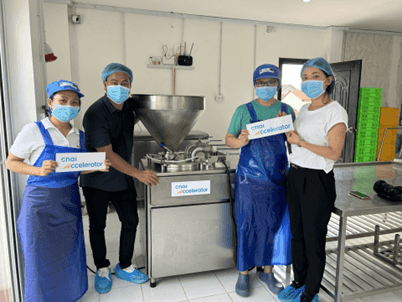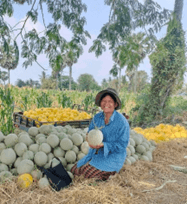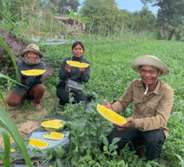The Sasakawa Peace Foundation (SPF) has been implementing the Cnai (innovation in Cambodian) Accelerator Program in Cambodia since 2022. Cnai is modeled after the SanThit (innovation in Burmese) Accelerator Program, which was jointly developed with Emerging Market Entrepreneurs (EME), a Myanmar-based venture capital (VC) firm in 2021. Cnai also adopts the curriculum of Village CAPITAL, a world-renowned VC investing in early-stage entrepreneurs. The first cohort of the Cnai Accelerator program was implemented in collaboration with partners; Cambodia Investors Corporation (CIC), Asian Development Bank (ADB) Frontier, and EME. A gender perspective was embedded throughout Cnai and provides a level playing field for women entrepreneurs so that they can participate on an equal footing with male entrepreneurs. This is an innovative initiative in Cambodia's entrepreneurship support ecosystem in that the investors serve as the implementing agency and it embraces a gender perspective. Participating entrepreneurs in 20-member cohort face eliminations at each stage, narrowing down the cohort from 20 to 2 at the end. With support and guidance the entrepreneurs receive innovation funding and expand their businesses. After the very intensive program, the four finalists in this year's program are all led by women entrepreneurs by coincidence. We interviewed them about their stories, challenges, and passion for their businesses, and how they are contributing to the empowerment of women in Cambodia through their businesses.
[1] Although The Cnai Accelerator Program targets not only women but also male entrepreneurs, but it has a gender perspective from the design stage of the program to ensure equal participation of all genders. For example, the image character of the Cnai Accelerator's website is a female entrepreneur, to intentionally include women entrepreneurs. Cnai's website has a gender-sensitive language and writing style. In addition, many entrepreneurship support programs hold pitch events in front of large groups of investors, which can be a disadvantage for women who have limited opportunities for public speaking in society. This program places the greatest emphasis on the entrepreneur's aptitude and passion for their participation and commitment to the program. Pitches are also made in front of a few judges rather than to a large audience, with 15 minutes for the presentation and 30 minutes for the Q&A session, replicating the real life experience that might occur when actually speaking to investors. Lastly, participating entrepreneurs will set a gender matrix and how they can make gender impact through the implementation of their businesses, which will be taken into account during the judging process.
